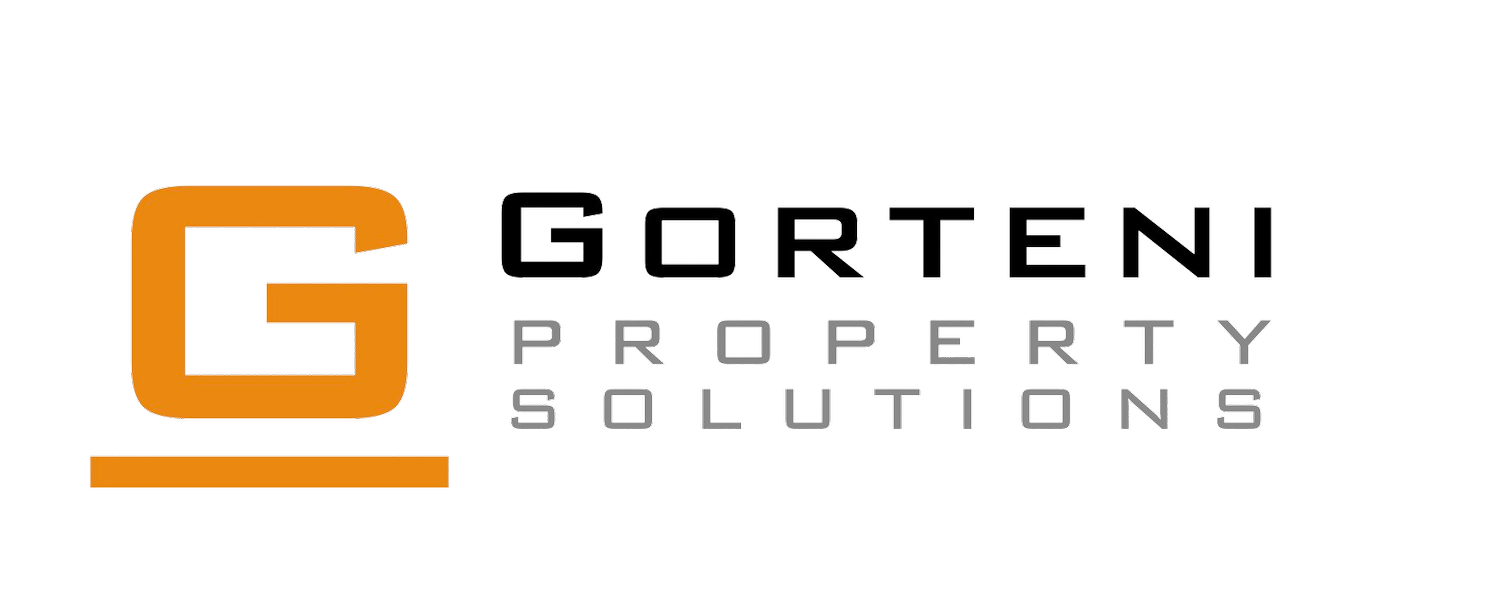The Ultimate Checklist for Routine Building Maintenance in Chicago
Managing a condo building in Chicago is no easy task, especially with the city’s extreme weather conditions, aging infrastructure, and unique architectural styles. For Community Association Managers (CAMs), staying on top of routine building maintenance is essential not only to keep residents happy but also to minimize costs and avoid emergencies.
This ultimate checklist is designed to help CAMs stay organized, address common maintenance challenges, and ensure their buildings remain safe, functional, and appealing.
Why Routine Maintenance is Critical for Chicago Buildings
1. Challenges Faced by CAMs
Resident Satisfaction: Delays in addressing maintenance issues can lead to frustration among residents. Keeping them happy requires proactive care and communication.
Unpredictable Weather: Chicago’s extreme winters and hot summers place unique stresses on building systems, from roofs and HVAC systems to plumbing.
Aging Infrastructure: Many buildings in Chicago, particularly multi-unit properties, have aging systems and materials that require consistent upkeep.
2. Cost-Effective Maintenance Benefits
Prevent Costly Repairs: Addressing minor issues early can prevent expensive repairs or replacements down the line.
Preserve Property Value: Well-maintained buildings retain their value and curb appeal, making them more desirable for current and future residents.
Compliance with Regulations: Routine maintenance ensures buildings meet Chicago’s building codes and safety standards.
The Ultimate Routine Maintenance Checklist for Chicago Buildings
1. Exterior Maintenance
Keeping the exterior in good condition preserves the building’s curb appeal and protects it from harsh weather conditions.
Inspect Roofs and Gutters:
Check for missing shingles, leaks, or damage caused by ice dams in the winter or storms in the summer.
Clear gutters and downspouts to prevent water damage.
Success Story: One Chicago property avoided $10,000 in water damage by performing biannual gutter cleanings.
Masonry and Facade Inspections:
Look for cracks or deteriorating mortar that could lead to structural issues.
Seal any gaps to prevent water infiltration.
Window and Door Checks:
Inspect for broken seals, drafts, or damage.
Ensure all doors and windows open and close properly.
2. Interior Maintenance
The interior of a building directly impacts residents’ satisfaction.
Common Areas:
Clean and repair hallways, lobbies, and stairwells regularly.
Touch up paint, repair flooring, and replace damaged fixtures as needed.
Lighting:
Replace burnt-out bulbs and ensure emergency lighting is functional.
Consider upgrading to energy-efficient LED lighting to reduce costs.
Fire Safety Systems:
Test fire alarms, sprinklers, and extinguishers according to Chicago fire safety regulations.
Schedule professional inspections annually.
3. Mechanical Systems Maintenance
Ensuring the proper function of mechanical systems is crucial for resident comfort and safety.
HVAC Systems:
Perform seasonal maintenance to prepare for Chicago’s frigid winters and hot summers.
Clean air ducts and replace filters to improve air quality.
Example: A property manager reported a 20% reduction in energy bills after upgrading their HVAC system.
Plumbing Systems:
Inspect for leaks, clogs, and signs of wear in pipes, faucets, and fixtures.
Test sump pumps regularly to prevent basement flooding.
Winter Tip: Insulate pipes to avoid freezing during Chicago’s sub-zero temperatures.
Electrical Systems:
Test circuit breakers, outlets, and switches for proper function.
Replace outdated electrical panels to handle modern energy demands.
4. Safety and Accessibility
Safety and accessibility improvements are essential for compliance and resident well-being.
Elevators:
Schedule regular inspections and ensure compliance with Chicago’s elevator codes.
Address any noise or operational issues promptly.
Sidewalks and Parking Lots:
Repair cracks, potholes, or uneven surfaces to prevent accidents.
In winter, ensure walkways and parking areas are properly salted and shoveled.
Accessibility Features:
Ensure ramps, handrails, and elevators meet ADA compliance standards.
Test automatic doors and adjust settings if necessary.
5. Preventive Maintenance and Inspections
Preventive maintenance helps you stay ahead of potential issues.
Seasonal Inspections:
Conduct spring and fall walk-throughs to identify potential problems.
Check HVAC, plumbing, and exterior systems for seasonal wear.
Vendor Coordination:
Schedule regular service calls with trusted contractors for specialized maintenance, such as HVAC tune-ups or pest control.
Success Tip: Partnering with reliable vendors ensures timely service and builds trust.
Proactive Tips for Community Association Managers
Stay Organized:
Use property management software or a digital checklist to track maintenance tasks.
Create a Budget:
Allocate funds for routine maintenance, emergency repairs, and upgrades.
Partner with Professionals:
Work with experienced contractors familiar with Chicago properties to ensure top-notch results.
Conclusion: Simplify Maintenance with the Right Partner
Routine building maintenance is essential for keeping residents happy, preserving property value, and avoiding costly emergencies. By following this checklist, Community Association Managers in Chicago can stay proactive and ensure their buildings remain safe, functional, and visually appealing.
If you’re looking for a trusted partner to handle repairs, maintenance, and remodeling, Gorteni Property Solutions is here to help. With our excellent communication, fast service, and experience working with property managers, we make your job easier while keeping your clients happy.
